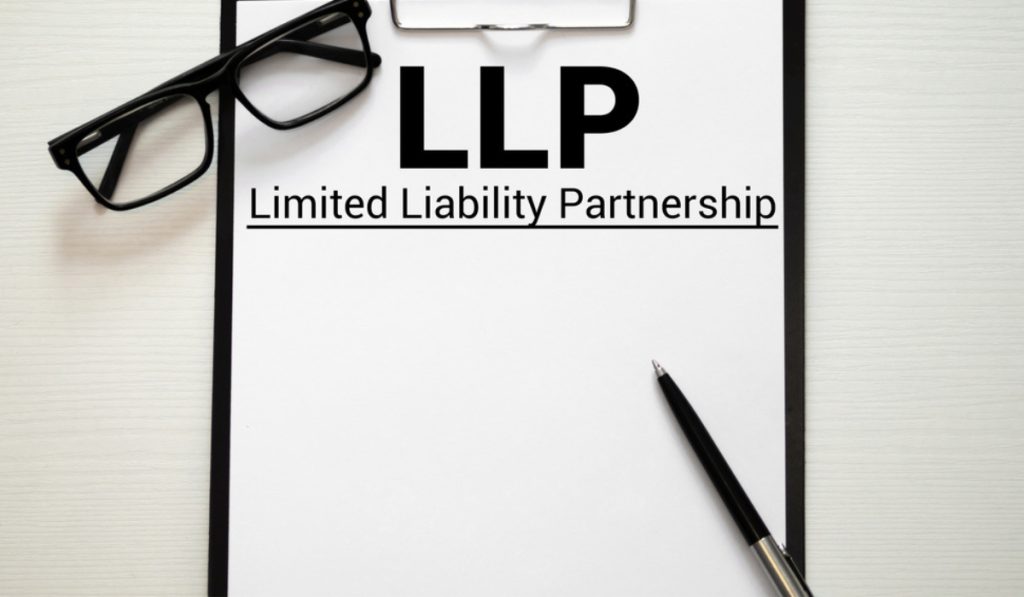
One of the choices open to business owners who want to grow their company is the creation of a Limited Liability Partnership (LLP). It is an excellent technique to safeguard the owners’ private assets while enabling them to raise more money and resources. However, what if you already have a partnership and want to change it into an LLP? This article will go over the stages involved in transforming an unregistered partnership into an LLP as well as the associated legal ramifications. The advantages and potential disadvantages of creating an LLP will also be covered. Connect with BiatConsultant to transform your unregistered partnership into an LLP using a single platform.
Overview of Limited Liability Partnerships (LLPs) and Unregistered Partnerships
A business arrangement known as an unregistered partnership is one in which two or more people join forces to operate a business for profit. The partners in an unregistered partnership are personally responsible for the debts and obligations of the company. As a result, the partners can be forced to use their personal assets to settle obligations if the company is unable to pay them.
The components of a corporation and a partnership are combined to form a limited liability partnership (LLP), a type of company organization. The partners in an LLP are not individually responsible for the debts and obligations of the company. This implies that the assets of the partners are safeguarded in the event that the company is unable to pay its debts. Because they provide the advantages of a partnership (such as the ability to share earnings and losses) while shielding the partners from personal liability, limited liability partnerships (LLPs) are frequently favored by professional service firms, such as law or accounting firms.
Benefits of Transforming an Unregistered Partnership into an LLP
The transformation of an unregistered partnership into a limited liability partnership (LLP) has various benefits:
- Limited Liability Protection: One of the key advantages of an LLP is that the partners’ liability for the debts and obligations of the company is restricted. This implies that the assets of the partners are safeguarded in the event that the company is unable to pay its debts. The partners in an unregistered partnership, on the other hand, are responsible for the debts and obligations of the company.
- Greater Credibility: Because an LLP is a more official company structure than an unregistered partnership, potential clients and business partners may view it as having greater credibility.
- Separation of Personal and Business Funds: An LLP treats the company as a separate legal entity, which can assist in making a distinction between personal and business funds. This can make it simpler to handle the company’s finances and may be especially helpful for partners who desire to keep their personal assets separate from the company’s assets.
- Potential Tax Benefits: LLPs may qualify for certain tax benefits, such as the option to file a tax return as a partnership rather than as a partnership with each individual partner.
- Easy to Add New Partners: An unregistered partnership may need to dissolve and create a new one in order to add new partners. LLPs, on the other hand, make it simple to bring on new partners without ending the partnership.
In general, transforming an unregistered partnership into an LLP can offer enhanced credibility, increased liability protection, and potential tax benefits. It may also make it simpler to recruit additional partners and manage the company’s finances.
How to Transform an Unregistered Partnership into an LLP
These steps must be followed in order to register a limited liability partnership (LLP) in India:
- Obtain a Digital Signature Certificate (DSC) for the proposed directors of the LLP: Obtaining a Digital Signature Certificate (DSC) for the proposed directors of the LLP is the first step in registering an LLP. Government-approved certification organizations issue the DSCs.
- Obtain a Designated Partner Identification Number (DPIN): Following the receipt of DSCs, the proposed directors must submit an application for a DPIN via the MCA portal.
- Obtain Name Approval: The following step after acquiring DPINs is to submit an application for name approval. The name must be distinct and not similar to any LLP or company already in existence.
- Submission of Incorporation forms: After the prospective directors’ names have been authorized, the LLP Incorporation forms must be submitted to the MCA. The LLP Agreement, Statement of Capital, and necessary papers are among these documents.
- Registration Fees Payment: The payment of the registration costs is the next step. Through the MCA site, the costs may be paid with a credit card or through net banking.
Before Converting an Unregistered Partnership into an LLP: Things to Think About
- Review the Partnership Agreement: You should review the partnership agreement before converting an unregistered partnership to an LLP. The partnership’s ownership structure, rules, and regulations should be described in this document.
- Analyze the Advantages and Disadvantages: Numerous advantages of an LLP include reduced taxation, less liability, and improved reputation. However, there are certain disadvantages that you should take into account, such as more paperwork and expenses.
- Consult a specialist: Before deciding to convert an unregistered partnership into an LLP, it is crucial to speak with a skilled professional. Given that BiatConsultant is one of India’s major legal services platforms, you can select them for any legal proceedings.
- Calculate the Cost: Changing an unregistered partnership into an LLP may be expensive. You should calculate the cost of submitting the required documents, registering the LLP, and any other expenses involved.
- Once you’ve made the decision to change a non-registered partnership into an LLP, you should draught an operational agreement. The procedures for decision-making, conflict resolution, and LLP dissolution should be outlined in this document, together with the rights and obligations of each partner.
- Prepare the Required Documents: In order to finish the conversion procedure, you must prepare and submit the required paperwork to the appropriate government agencies. The articles of association must be submitted, the LLP must be registered, and all necessary costs must be paid.
Conclusion
It can be concluded that changing an unregistered partnership into a Limited Liability Partnership (LLP) is a wise decision. It makes the company appear more professional, provides limited liability, and enhances its corporate image. The procedure is also rather simple. However, it’s crucial to conduct thorough research to make sure you adhere to all applicable regulations. Additionally, it is advised that you get the assistance of a licensed attorney or expert legal counsel during the conversion process. You can use the full range of services offered by BiatConsultant to get assistance with the conversion process and ensure that you follow all applicable rules.
Read Our Other Blog to know More About LLP – Justifications for Selecting An LLP (Limited Liability Partnership)




![LIMITED LIABILITY PARTNERSHIP COMPANY [LLP]](https://www.biatconsultant.com/blog/wp-content/uploads/2020/04/Guide-To-LLP-Registration-In-India.png)